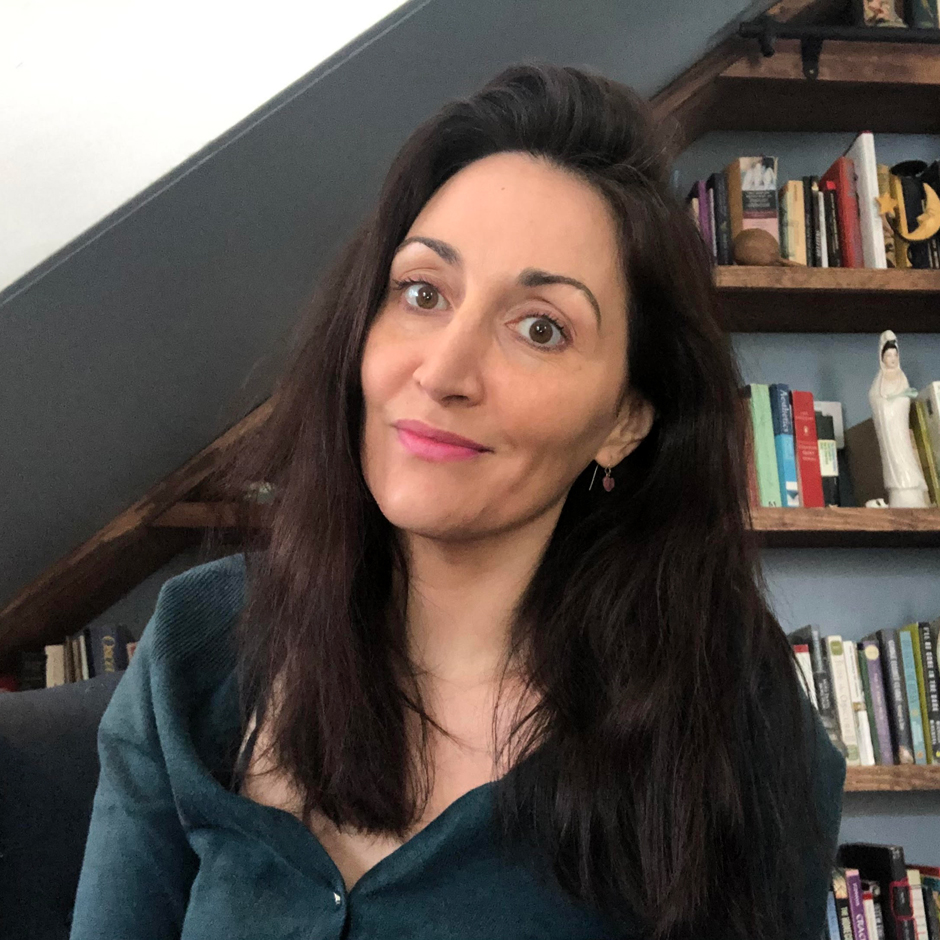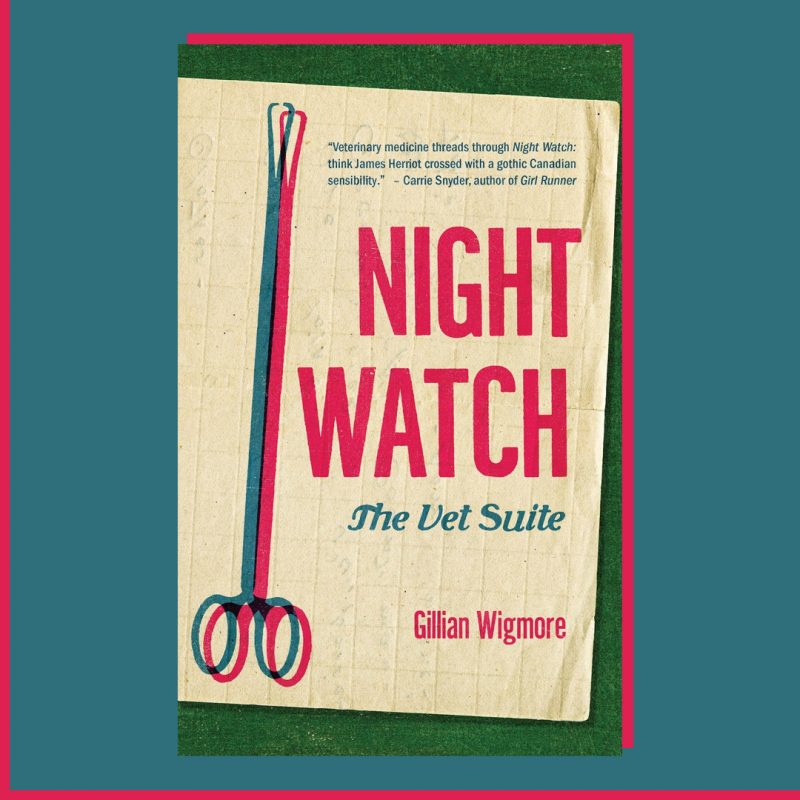USEREVIEW 031: Counting the Hours
Hollay Ghadery converts Gillian Wigmore’s trifecta of novellas Night Watch: The Vet Suite (Invisible Publishing, 2021) into (32) tercets, each comprising a prime number of syllables, in this mathematically perfect, verse-form experimental review.
ISBN 978-1-988784588 | 152 pp | $19.95 CAD
#CAROUSELreviews
#USEREVIEWEDNESDAY
Heifer
I don’t want to do
it again — I want to do
it in reverse: do
what I couldn’t do
the first time. See with the slow
gaze of cattle, their
genuflect feyness,
it’s in all my shortcomings,
in all I could have
done differently. I
want to feel what I wouldn’t
feel before. Summer,
a banner, flowing
out of me; a cloven moon,
setting. Sunflowers,
following light west
to east. A rewind time-lapse
of the difficult
births of us all. I’m
slow to accept differences,
like between a cow
and myself, there is
entitlement. Between a
cow and a heifer
there’s a push. There’s a
cellular ovation for
all my shortcomings.
REVIEWER’S NOTE:
What struck me most about Gillian Wigmore’s trifecta of novellas, Night Watch: The Vet Suite, was the way in which the characters — even the characters who work closely with animals and arguably, care for them — act in ways that suggest there’s a disconnect between the suffering and autonomy of these creatures and their own notions of freedom and happiness.
Yet, even as the characters behave with this disassociation, the pain of the animals (most often the labouring heifers: female bovines who have not yet given birth) serves as a tangible and, at times, uncomfortably visceral way for the reader to access and explore the stifled emotions of Wigmore’s fascinating and deeply flawed characters.
I chose to respond to Wigmore’s collection with a series of haiku for two reasons: first, because Wigmore’s writing is gorgeously astute and peppered with surprising and unforgettable similes (“the taxi took off like a slapped horse”; “black as the inside of a sheep”).
Secondly, haiku respond to the natural world. However, because the characters have trouble seeing themselves as part of the natural world, often seeing themselves as above or beside it, I wanted the tension of this positioning to play out in the poem.


